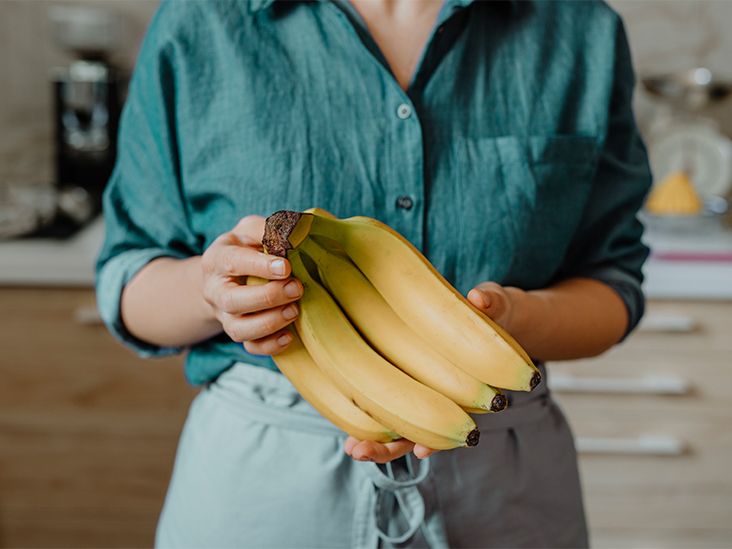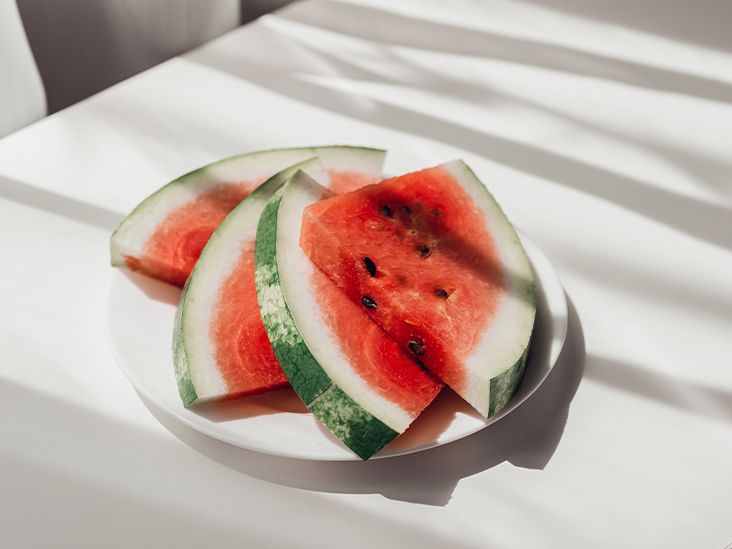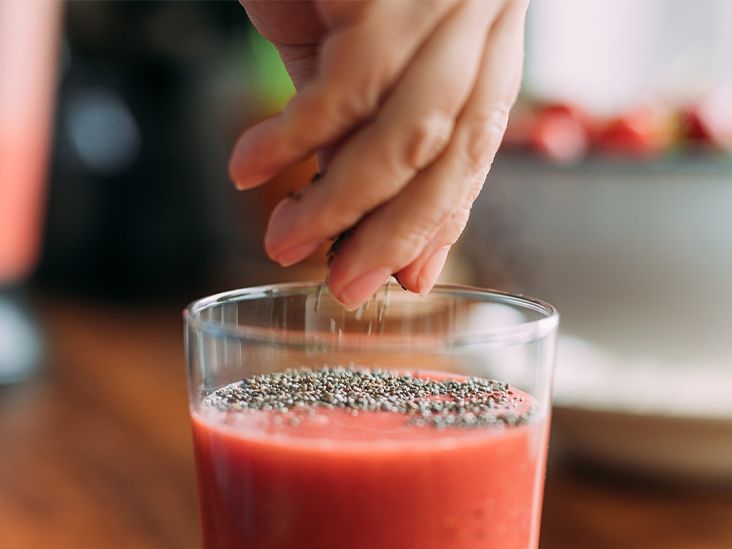In some parts of the world, mango (Mangifera indica) is called the “king of fruits”.
It’s a drupe, or stone fruit, which means that it has a large seed in the middle.
Mango is native to India and Southeast Asia, and people have cultivated it for over 4,000 years. Hundreds of types of mango exist, each with its own characteristic taste, shape, size, and color.
Mango is not only delicious but also boasts an impressive nutritional profile. Here are 10 benefits of mango, including an overview of its nutritional content and some tips on how to enjoy it.

Many people love mango — not only because it’s delicious but also because it’s very nutritious.
One cup (165 grams) of fresh mango
- Calories: 99
- Protein: 1.4 grams
- Carbs: 24.8 grams
- Fat: 0.6 grams
- Fiber: 2.6 grams
- Sugar: 22.6 grams
- Vitamin C: 67% of the Daily Value (DV)
- Copper: 20% of the DV
- Folate: 18% of the DV
- Vitamin B6: 15% of the DV
- Vitamin A: 10% of the DV
- Vitamin E: 10% of the DV
- Vitamin K: 6% of the DV
- Niacin: 7% of the DV
- Potassium: 6% of the DV
- Riboflavin: 5% of the DV
- Magnesium: 4% of the DV
- Thiamine: 4% of the DV
One of its most impressive nutrient facts is that just 1 cup (165 grams) of fresh mango provides nearly 67% of the DV for vitamin C. This water-soluble vitamin aids your immune system, helps your body absorb iron, and promotes
Mango is also a good source of the minerals copper and folate, which are especially important nutrients during pregnancy, as they support healthy fetal growth and development.
Another benefit of mango is that it’s low in calories.
One cup (165 grams) of fresh mango contains fewer than 100 calories and has a very low calorie density, meaning that it has few calories for the volume of food it provides.
In fact, most fresh fruits and vegetables tend to have a low calorie density.
Still, keep in mind this may not be the case for dried mango. Just
Though dried mango is still rich in nutrients like vitamins, minerals, and antioxidants, it may be best to consume it in moderation due to its high calorie density and sugar content.
Fresh mango is relatively high in natural sugar compared with other fresh fruits, containing over 22 grams per cup (165 grams).
You might think this could be worrisome for people living with metabolic conditions like diabetes, or for those who are trying to limit their sugar intake.
Not much research has examined the specific relationship between fresh mango and diabetes.
A 2020 study concluded that consuming fruits and vegetables high in vitamin C and carotenoids could help
Still, because mango is high in natural sugars, it has the potential to cause a spike in your blood sugar levels if you eat too much at one time.
Thus, it may still be best to consume mango in moderation, meaning a typical portion size of about 1 cup (165 grams) at a time. It may also help to pair it with other foods that are rich in fiber and protein, as this may help limit blood sugar spikes.
Mango is
This fruit has over a dozen different types concentrated in its flesh, peel, and even seed kernel. These
- mangiferin
- catechins
- anthocyanins
- gallic acid
- kaempferol
- rhamnetin
- hydroxybenzoic acid
Antioxidants are important because they protect your cells against free radicals.
Mango is a good source of immune-boosting nutrients.
One cup (165 grams) of mango provides
Plus, 1 cup (165 grams) mango provides nearly 67% of your daily vitamin C needs.
This vitamin can help your body produce more disease-fighting white blood cells, help these cells work more effectively, and improve your skin’s defenses.
Mango also contains other nutrients that may also
- copper
- folate
- vitamin E
- several B vitamins
Mango contains nutrients that support a healthy heart.
For instance, it offers magnesium and potassium, which help maintain a healthy blood flow. These nutrients help your blood vessels relax, promoting
Studies have found that mangiferin may protect heart cells against inflammation, oxidative stress, and
In addition, it
While these findings are promising, research on mangiferin and heart health in humans is currently lacking. Therefore, more studies are needed.
Mango has several qualities that
For one, it contains a group of digestive enzymes called amylases.
Digestive enzymes break down large food molecules so that your body can absorb them easily.
Moreover, since mango contains plenty of water and dietary fiber, it may help with digestive issues like constipation and diarrhea.
One
This suggests that mangoes may have other components that aid digestive health, aside from dietary fiber. However, more research is needed.
Mango is full of nutrients that help support healthy eyes.
Two key nutrients they contain are the antioxidants lutein and zeaxanthin.
Mangoes are also a good source of vitamin A, which supports eye health.
Mango is high in polyphenols, which may have anticancer properties.
Polyphenols can help protect against a harmful process called oxidative stress.
Test-tube and animal studies have observed that mango polyphenols reduced oxidative stress. They’ve also been found to destroy or stop the growth of various
While these studies are promising, more studies in humans are needed to better understand the potential anticancer effects of mango polyphenols in people.
Mango is delicious, versatile, and easy to add to your diet.
However, you might find it difficult to cut due to its tough skin and large pit.
Here’s one good method for cutting a mango:
- With the mango skin still on, cut long vertical slices 1/4 inch (6 mm) away from the middle to separate the flesh from the pit.
- Cut the flesh on each of these slices into a grid-like pattern without cutting the skin.
- Scoop the cut flesh out of the skin.
Here are some ways you can enjoy mango:
- Add it to smoothies.
- Dice it and mix it into salsa.
- Toss it into a summer salad.
- Slice it and serve it along with other tropical fruits.
- Dice it and add it to quinoa salad.
- Add mango to Greek yogurt or oatmeal.
- Top burgers or seafood with grilled mango.
Keep in mind that mango is sweeter and contains more sugar than many other fruits. Moderation is key — it’s best to limit mango to about 2 cups (330 grams) per day.
Mango is rich in vitamins, minerals, and antioxidants, and it has been associated with many health benefits, including potential anticancer effects, as well as improved immunity and digestive and eye health.
Best of all, it’s tasty and easy to add to your diet as part of smoothies and many other dishes.
Just one thing
Try this today: If you’ve ever cut into a mango before, you probably know they aren’t the easiest fruit to slice and dice. Take a look at this article on how to cut a mango for a few tips and a video demo on preparing fresh mango.









